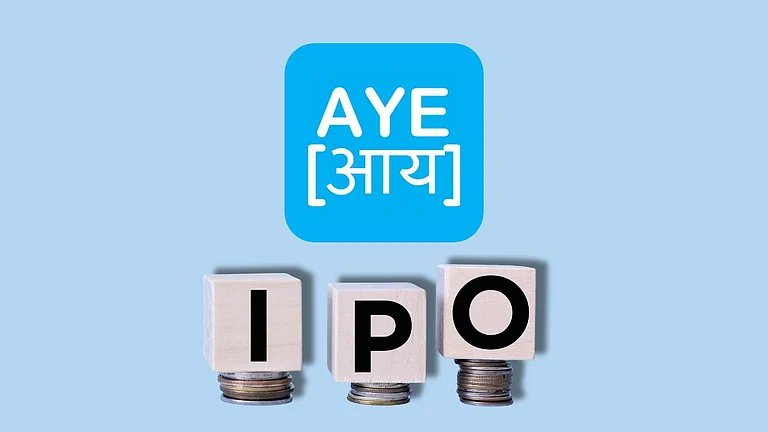HDFC Bank announced on July 13, 2023 that it has on boarded more than 100,000 retail customers and approximately 170,000 merchants on its central bank digital currency (CBDC) pilot platform, according to media reports.
HDFC Bank has linked the CBDC, also called digital rupee or e₹, with its Unified Payments Interface (UPI). Through this, customers and merchants can use both CBDC and UPI with one Quick Response (QR) code.
It essentially means that the QR code is interoperable and the user can choose CBDC or UPI for doing the transaction with a single QR code. HDFC Bank is a participant in the pilot CBDC program launched by the Reserve Bank of India (RBI) in December 2022.
According to the RBI, there were a total of more than one million users and more than 262,000 merchants on the different participating banks’ CBDC platforms as of June 30, 2023.
HOW IS CBDC/DIGITAL RUPEE DIFFERENT FROM CASH AND UPI?
CBDC carries the same legal sanctity as the government’s sovereign currency; the only difference is it is in an electronic form. It differs from UPI in the sense that UPI is a payment system while CBDC is a currency.
MERITS, DEMERITS OF CBDC
The CBDC or digital rupee has its own merits and demerits. Here they are
Merits of CBDC
Faster settlement time with 24-hour service availability: Transaction is faster, instantaneous, and is available 24x7, according to information on the website of State Bank of India, one of the participating banks in the pilot program. Also, there is no waiting period for clearing settlements.
On the other hand, there are certain limitations on transferring money offline or through other online modes, such as batch runs, clearing cycles in NEFT and RTGS, no transaction on weekends or other bank holidays, etc.
Lower cost of transactions: There is a lower cost in transacting with digital rupee.
Elsewhere, the physical form of cash needs more space and is cumbersome to hold if needed to be carried in large amounts. Also, there is always a risk of theft in physical currency. As digital currency is stored in a digital wallet with the bank, it is safe and available to the user at any time.
No hassles of changing soiled notes: Cash has been a preferred mode because of being in existence for a long time and the anonymity it offers. But, it has its issues, such as soiled and mutilated notes. When currency notes become dirty due to their use over time, or when they get torn off, one needs to change it at the bank, and if the note is mutilated, one may not even get the full value of it in exchange. On the other hand, digital rupee does not carry these risks and is free from these damages.
No risk of fake notes: There is also a risk of counterfeit currency when dealing with physical currency. According to an RBI report, the fake currency notes of Rs 20 and Rs 500 denominations have increased year-over-year in 2022-23. In the case of CBDC, the money you have in your account is converted into a digital rupee, which would significantly reduce the risk of fake notes.
Risks with CBDC
Cyber security risk: Despite having some benefits over cash, CBDC also has some potential risks.
Cyber security is a concern that cannot be ignored in the technology-driven world. As the traditional basic mode of transaction becomes digital, one is prone to all kinds of cyber threats. Thus, one needs to be careful about taking robust security measures while doing transactions digitally.
Non-tech savvy people: One more challenge in CBDCs adoption is its digital form, and that is why people who are not tech-savvy, such as, senior citizens, would find it difficult to use and may prefer to continue with the old and time-tested paper currency for transactions.
Besides that, theft of device, no Internet and technical glitches could pose other challenges for CBDC.
The program is still in the pilot mode and is being offered by the participating banks at certain locations, mostly big cities, such as Mumbai, Delhi, Bengaluru, Bhubaneswar, Ahmedabad, Chandigarh, Gangtok, Guwahati, Hyderabad, Indore, Kochi, Lucknow, Patna, and Shimla. However, RBI plans to expand the pilot to more locations.













